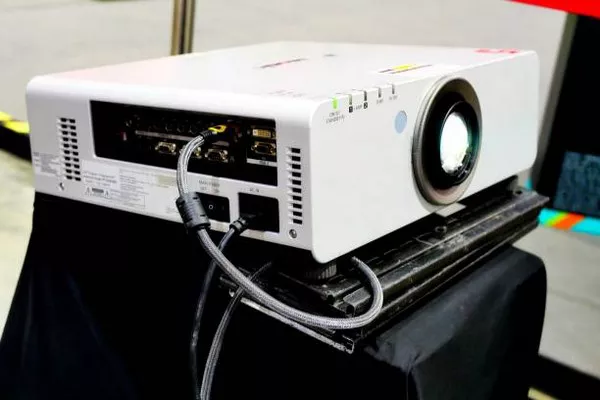The African Finance Corporation (AFC) has brought attention to the ongoing challenges within Nigeria’s electricity supply, asserting that certain interest groups prioritize the importation and sale of generators and diesel over improving the national power infrastructure. This statement was made during the Manufacturers Association of Nigeria’s (MAN) “4th Adeola Odutola Lecture/President Luncheon” in Lagos, delivered by Mr. Samaila Zubairu, President/CEO of AFC.
Zubairu, represented by Mr. Sameh Shenouda, Executive Director/CIO of AFC, described Nigeria’s power sector as one of the most problematic in the nation. With a population of 240 million relying on a mere 4,000 megawatts from the national grid, he highlighted the critical need for reform.
“There are interest groups that prefer to sell generators and diesel than for the country to have electricity supply,” Zubairu stated, emphasizing the need for honesty in addressing the sector’s challenges.
The AFC leader called for a comprehensive restructuring of the power sector to attract investment. He noted that previous attempts to reform distribution companies have not been effective. Until substantial improvements are made, including resolving issues like power theft and inefficient collections, AFC will hesitate to invest.
“If there is an opportunity to build a power plant that sells directly to the private sector without going through the Independent Power Project’s structure, the AFC will consider it. However, building large-scale infrastructure before reforming the sector poses significant risks,” Zubairu said.
Despite these challenges, Zubairu expressed optimism about Nigeria’s manufacturing sector, identifying its potential for growth. He urged the government to capture flared gas and channel it into the power sector, which could be a turning point for local manufacturing.
“Africa has abundant mineral resources, but we are often exporting them in raw form. The challenge lies in adding value within our ecosystems,” he noted.
In a related statement, the Minister of Finance, Mr. Wale Edun, emphasized the necessity for collaboration between the federal government and the private sector to create a supportive environment for manufacturing. He reiterated the government’s commitment to fostering a sustainable macroeconomic environment through favorable fiscal and monetary policies.
Chief Kola Jamodu, a former Minister of Industry, Trade, and Investment, pointed out the detrimental impact of investors operating in the Export Promotion Zone (EPZ). While these investors benefit from tax exemptions and are expected to contribute foreign currency through exports, they have instead become a challenge for local manufacturers.
“They are one of the biggest problems facing manufacturers today. It was a well-intentioned policy by the government, but it has derailed and now poses significant challenges to local manufacturing,” Jamodu stated.
The statements from AFC and various leaders underscore the urgent need for reform in Nigeria’s power sector and the importance of addressing the complexities that hinder the growth of local manufacturing. As stakeholders call for collaboration and effective policies, the path forward hinges on resolving existing challenges to unlock the country’s economic potential.
Related topics:

